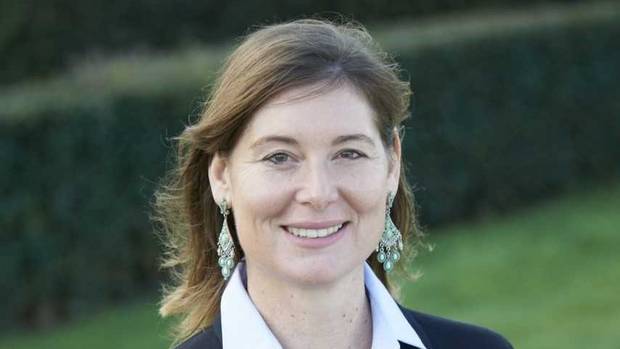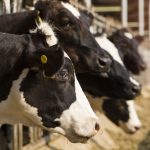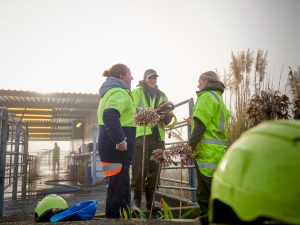
Most parts of the country were affected by dry weather, she said, NIWA identifying the Aupouri Peninsula as one of the worst.
Most areas needed a “really good soaking”, follow-up rain to lift soil moisture levels to support grass growth. For most regions 70-130mm of rainfall was needed to fill the current soil moisture deficit.
“We know some farmers have reduced their milking frequency as a way of managing through what are still very dry conditions. Other farmers have sought to reduce feed demand by selling empty cows and other cull cows, and drying off young light condition cows,” Ms Winning said.
“Although it does vary, especially across the South Island, we know that in dry summers March 20 is the date by which we need substantial rain before farmers consider drying off most of their cows to secure pasture and ensure cow condition targets are met for the next season.
“The key thing when managing through the dry is to have some cows in milk when it does rain, although there will be exceptions to this where the dry conditions have been a lot more extreme and farmers have had to dry off their cows early.”
Meanwhile, up to half the grass available was lost after rain because dry material began to rot, so cows would require the major part of their intake from supplements.
“A slow rotation is also needed, to allow pasture cover to build and pasture growth to be maximised,” she added.
“In March, nitrogen applications should be delayed for three weeks after significant rain (more than 50mm) to allow surplus nitrogen in the ground to be utilised first. If no significant rain is received until April, nitrogen should be applied as soon as possible after the rain.”
DairyNZ advice and guidance on feed planning and summer management is available at www.dairynz.co.nz/summer, at DairyNZ discussion groups or via a local consulting officer, while Tiller Talk helped farmers improve their pasture and feed management by providing a forum to share information and access advice.
Its farmers, located in most regions nationwide, also provided information on how they were managing with low soil moisture levels.

























